Jimmy Armfield: The early days
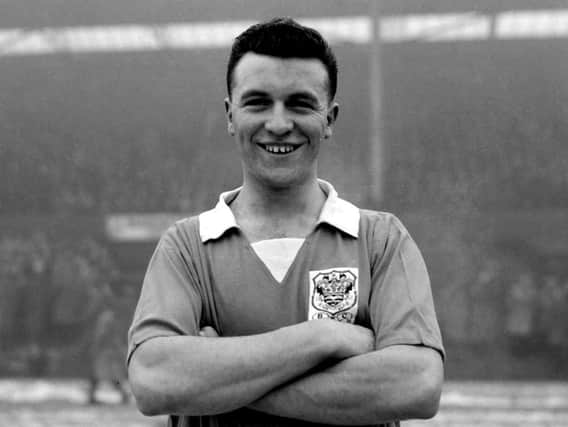

During the Second World War, his family moved to Blackpool and it would be there that he spent his entire football career.
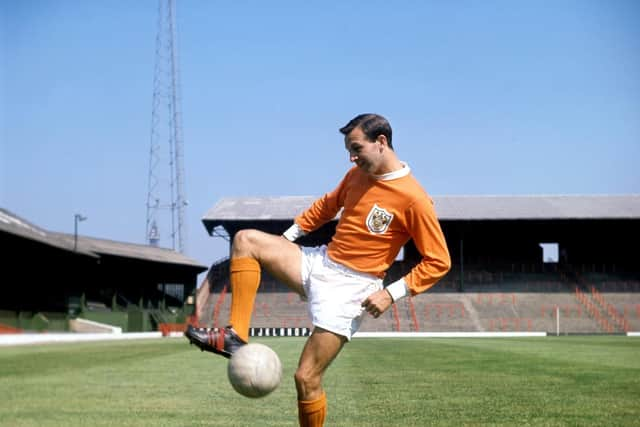

Growing up playing football in the streets and on the beach, he only played rugby at school and had never played on a proper football pitch until he went along to a junior trial match at Blackpool where, playing on the wing, he scored four goals.
Advertisement
Hide AdAdvertisement
Hide AdHaving impressed the club officials, Armfield turned his back on the chance to go to university and signed for Blackpool in 1954.
By the time he made his debut, in an away game against Portsmouth just after Christmas, he had been converted into a right back.
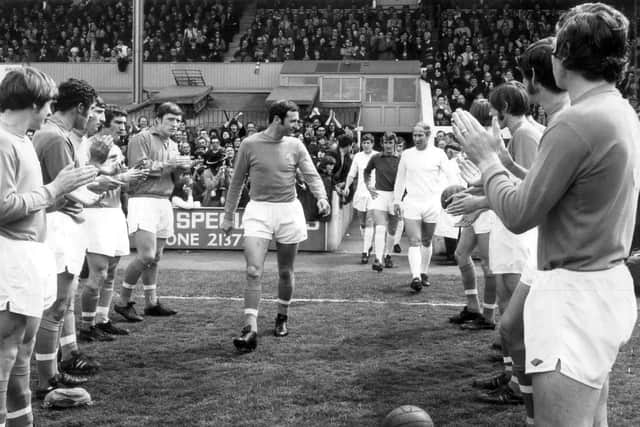

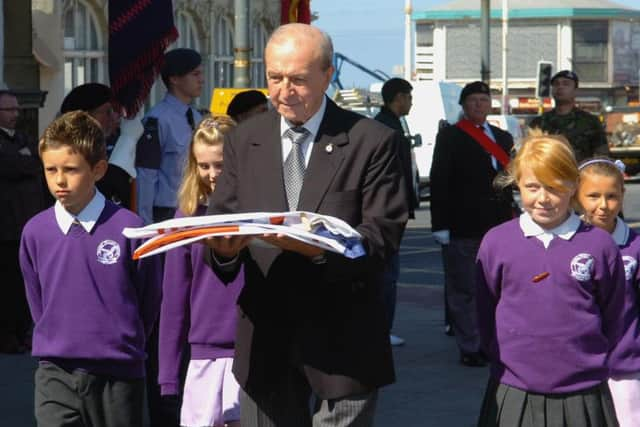

He struggled in his first game and had to wait until the 1955-56 season to become a firstteam regular but would go on to be an almost permanent fixture in the side for more than 15 years.
Armfield's first full season saw Blackpool finish as runners-up in the First Division, a position which they have never matched, although they were a massive 11 points behind champions Manchester United.
Advertisement
Hide AdAdvertisement
Hide AdWith the legendary Stanley Matthews playing in front of him, he took advantage of the tendency of opposing teams to double mark the right-winger to get forward far more than full backs were expected to do.
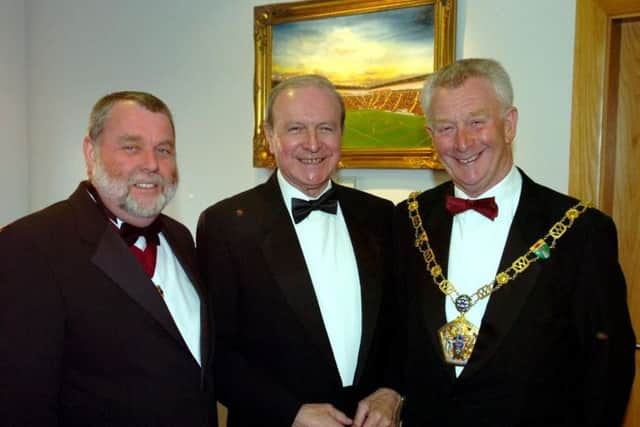

Initially criticised by his manager, his style was eventually accepted and he became known as one of the first overlapping full-backs.
Throughout the early years of Armfield's career, Blackpool were a regular fixture in the top half of the league table without seriously challenging for the title, coming closest to a major honour when they reached the quarter-final of the FA Cup in 1958-59.
Having been a regular in the England under-23 team for a couple of years, he was selected for the full national team for the first time in May 1959, making his debut in a 2-0 defeat to Brazil at the Maracanã.
Advertisement
Hide AdAdvertisement
Hide AdUpon his retirement, Armfield turned his hand to some media work where he gained plaudits for his co-commentary working for BBC Radio 5Live.
He also worked as a journalist with the Daily Express from 1979 to 1991 and also spent some time working in The Gazette’s office.
He combined his summarising work with a role with the Football Association that included him recruiting both Terry Venables and Glenn Hoddle to manage England.


Venables took the national team to the semi-finals of Euro 96, Hoddle to the second round at the World Cup in 1998.
Advertisement
Hide AdAdvertisement
Hide AdArmfield said: "I remember going to a commentary at Grimsby. A few people came round the van when I got out. I asked what they thought of Venables as a possible England manager.To a man they all said: "Great."; I did that at two or three different grounds and it was always the same.
"A few people at the FA were not that keen on Venables and when it came to the vote I was the one who really stood up for him.
"We should have won Euro 96, we were the best team.
"I'd had a phone call telling me that I'd better go down to London because they were not going to keep Terry.
"Not long after Euro 96 we had a World Cup qualifier and needed someone. I needed to get on my bike quick. I went to see FA boss Graham Kelly and he told me to go and find someone.
Advertisement
Hide AdAdvertisement
Hide Ad"I had a word with Alex Ferguson but he was not interested. Glenn wasn't doing anything, he'd been a manager, he was keen on coaching.
"I met him in a car park, told him that I'd recommend him if he wanted to do it.
"I said to both of them that if there is anything untoward we should know about it, that we might as well get it out in the open. If there is anything the media will find it, it won't need to get Scotland Yard out.
"They both told me there was nothing to worry about."
For much of his later life, Armfield remained in Blackpool where he was the organist at his local church for over 30 years.
Advertisement
Hide AdAdvertisement
Hide AdIn 2001, he was made a Lay Cannon at Blackburn Cathedral and he has served as Deputy Lieutenant of the County Palatine of Lancashire in 2004 and in 2005-06 he served as the High Sheriff of Lancashire, a position which dates back to 1160AD - an honour bestowed by the Queen in her position as Duke of Lancaster.
